Science Quickly
Канал маалыматтары
Science Quickly
Host Rachel Feltman, alongside leading science and tech journalists, dives into the rich world of scientific discovery in this bite-size science variety show.
Жаңы эпизоддор
1873 эпизод
The hidden genius behind nonreflective glass
In this episode of Science Quickly, host Kendra Pierre-Louis talks with Katie Hafner of the podcast Lost Women of Science about the remarkable but oft...

A historic moon mission, AI that helps restore stroke patients’ voice and the oldest cave art ever found
In this episode of Science Quickly, we look at the stakes behind Artemis II, NASA’s historic lunar flyby mission that’s preparing to launch soon. We’l...

The quest for Leonardo da Vinci’s DNA
In this episode of Science Quickly, host Kendra Pierre-Louis speaks with forensic scientist Rhonda Roby about an ambitious effort to uncover traces of...

What is consciousness, really?
In this episode, we explore what consciousness is, how the brain creates it and what current science says about dreams, anesthesia, animals and even a...

EPA weakens air pollution rules, cancer survival soars, and NASA evacuates astronauts
In this episode of Science Quickly, we unpack the Environmental Protection Agency’s controversial decision to change how it calculates health benefits...

Woodpeckers Rock the Lab, AI Steps Out of the Chat Box, and Flu Hits Hard
Have you ever wondered how woodpeckers pound away without breaking their neck? We’ve got the answer—plus, why this flu season has broken a record, how...

Weighing the Good and Bad of Weight-Loss Drugs
Drugs known as glucagon-like peptide-1 receptor agonists, colloquially called GLP-1 medications, have gone from relatively obscure diabetes treatments...

America’s Children Face a New Era of Health Risk
Recent federal public health changes could affect children’s health, from vaccine access to essential medical care. In this episode, senior editor Dan...

How to Make Your New Year’s Resolutions Stick
Why do most New Year’s resolutions fail? And how can science help us stick to them? Behavioral economist Katy Milkman joins Science Quickly to explain...

ENCORE: Algorithmic Social Media Is Driving New Slang
From viral slang such as “skibidi” to the rise of so-called brain rot, linguist and content creator Adam Aleksic, aka the “Etymology Nerd,” and associ...

ENCORE: Understanding the Science of ‘Squirting’
The human body is capable of some truly incredible things. One of the most mysterious and debated phenomena is a release of fluid during sex that is o...

ENCORE: Science’s Greatest 180s
Science doesn’t always get it right the first time—and that’s part of the journey. In this anniversary special, we explore how ideas about nerve damag...

The Quest for Climate-Ready Christmas Trees
Christmas trees may seem timeless, but growing them is becoming increasingly challenging in a warming world. In this episode, host Kendra Pierre-Louis...
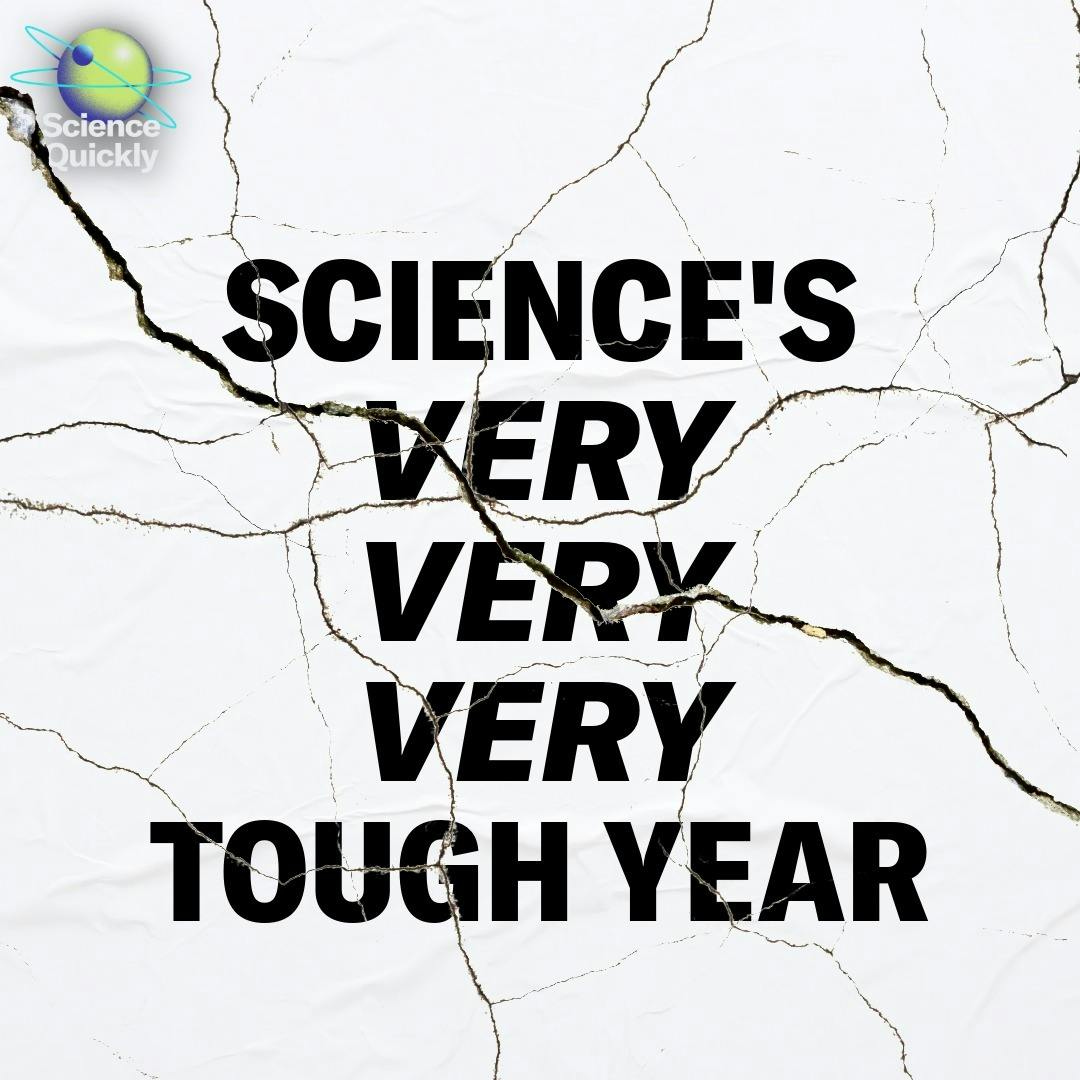
2025: The Year Science Was Shaken
In this year-end roundup, Scientific American editors break down how 2025 reshaped science across the board—from sweeping federal upheavals that disru...

The Hidden Voices of Monk Seals
In this episode, take a dive into the underwater vocalizations of the endangered Hawaiian monk seal. Scientists analyzing thousands of hours of underw...

Inside the Struggle to Save an Orca Community
In this episode of Science Quickly, we present an inside look at one of the world’s most endangered whale populations: the southern resident orcas. Se...

Hobbit Disappearance Explained, Second-Hottest Year Looms, New Mpox Variant Found
In this episode of Science Quickly, we dive into how the European Union’s latest Copernicus Climate Change Service bulletin shows that 2025 is on trac...

Karen Hao on Why AI Is Reshaping Society
Generative artificial intelligence has transformed our inboxes, classrooms and even medical records—but at what cost? In this episode, journalist Kare...

Can NASA Deliver on Perseverance’s Promise to Reveal Life on Mars?
NASA’s Perseverance rover has spent nearly five years roaming the Martian surface in search of clues to ancient life. But the ambitious plan to return...

CDC Vaccine Panel, Satellite Light Pollution, Puppy Power
Scientific American associate editor Lauren J. Young breaks down key vaccine recommendations from the Centers for Disease Control and Prevention’s Adv...

New Hope for Treating Postpartum Depression?
Emerging research on the biology of postpartum depression is showing how little it resembles other severe mood disorders in the brain and body. Unders...
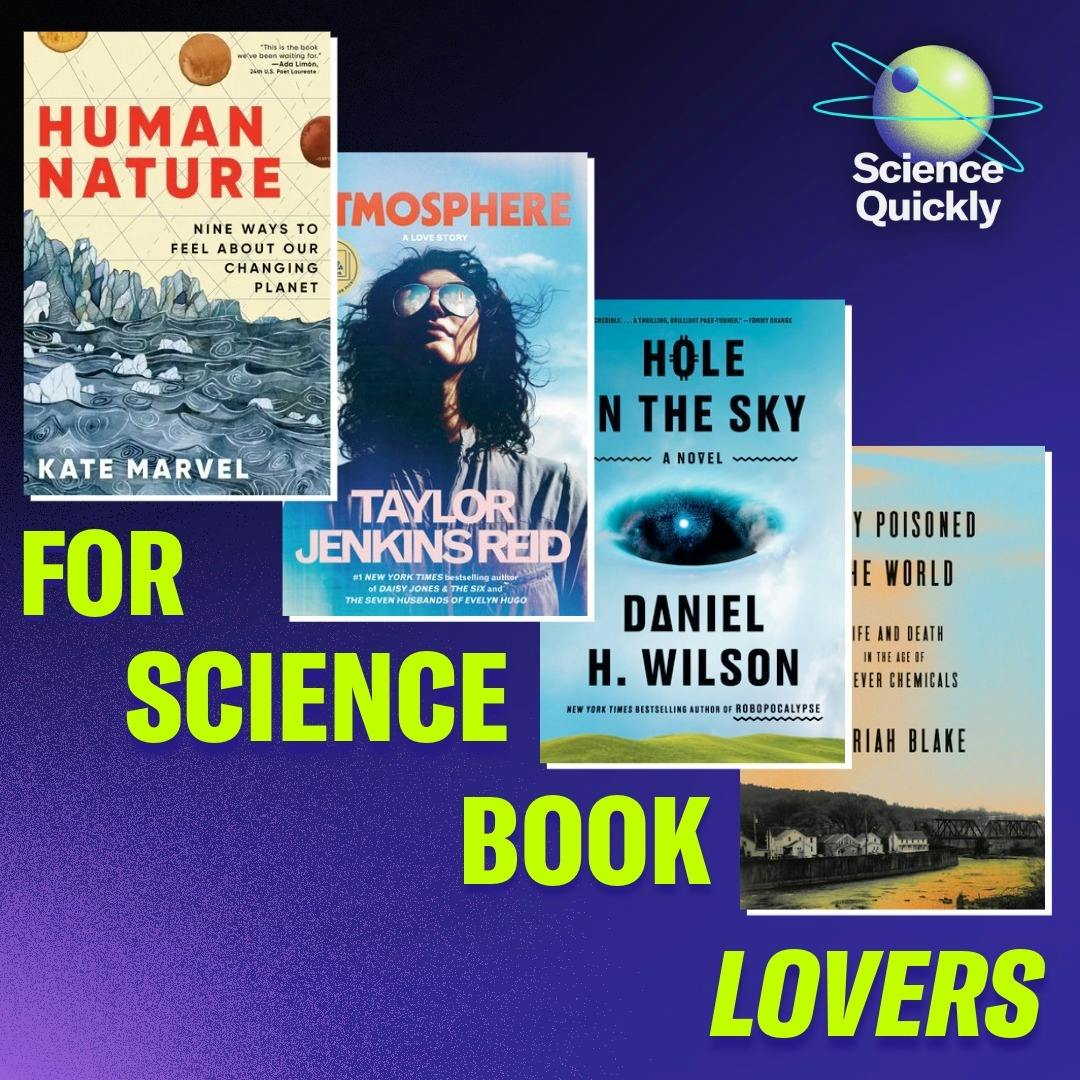
Scientific American Picks the Best Reads of the Year
Scientific American debuts its first-ever best fiction and nonfiction book lists, featuring stories that explore climate change, alien encounters and...

Thanksgiving’s Iconic Bird Is Thriving Again in the Wild
Wild turkeys were once on the brink of disappearing from the U.S.’s forests, with populations dropping to just tens of thousands by the 1930s. Thanks...

Tamer Raccoons, COP30 Recap, New Fluoride Research
Zoya Teirstein, a senior staff writer at Grist, joins host Kendra Pierre-Louis to talk about this year’s United Nations Climate Change Conference, or...

The Hidden Worlds of ‘Nanocosmos’
In his new book, Nanocosmos: Journeys in Electron Space, artist and writer Michael Benson transforms scientific imaging into art, capturing intricate...

Gut Health Tips for the Holidays
Holiday meals can delight our taste buds while the food puts real strain on our digestion. Host Kendra Pierre-Louis talks with Northwestern University...

The Digital Time Capsule That Survived Two Decades
Our editor in chief David M. Ewalt revisits a remarkable 20-year experiment: an e-mail time capsule designed to deliver digital messages from the past...
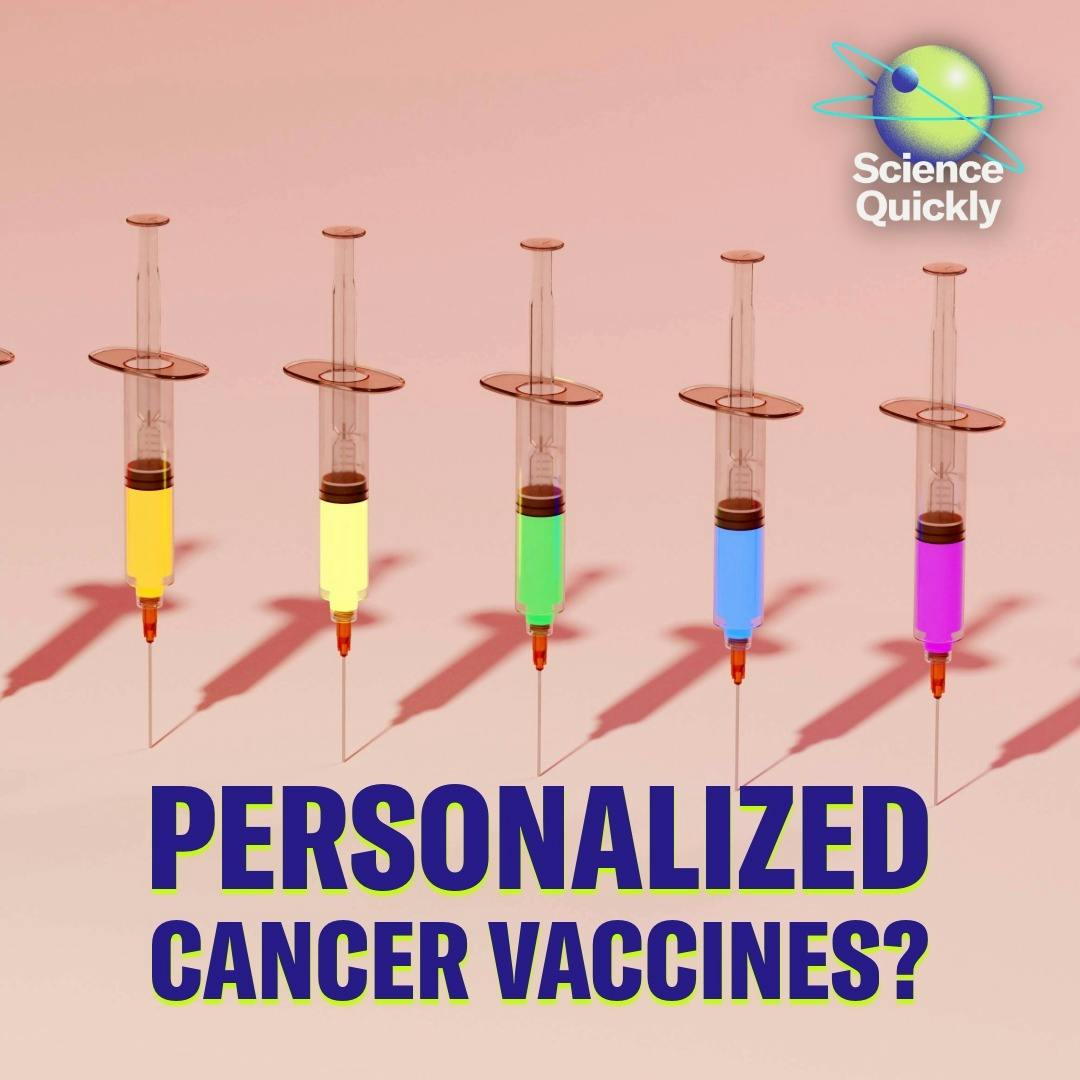
Can Vaccines Help Defeat Cancer?
Host Kendra Pierre-Louis speaks with reporter Rowan Moore Gerety about how mRNA vaccines, first successfully developed to protect against COVID, are n...

Why Some Foods Gross Us Out
In this episode of Science Quickly, Rachel Feltman introduces interim host Kendra Pierre-Louis, a climate journalist with a strong aversion to mayonna...

The Science of Headaches
Headaches are among the most common human experiences—yet science still struggles to explain them. Journalist Tom Zeller, Jr., joins host Rachel Feltm...
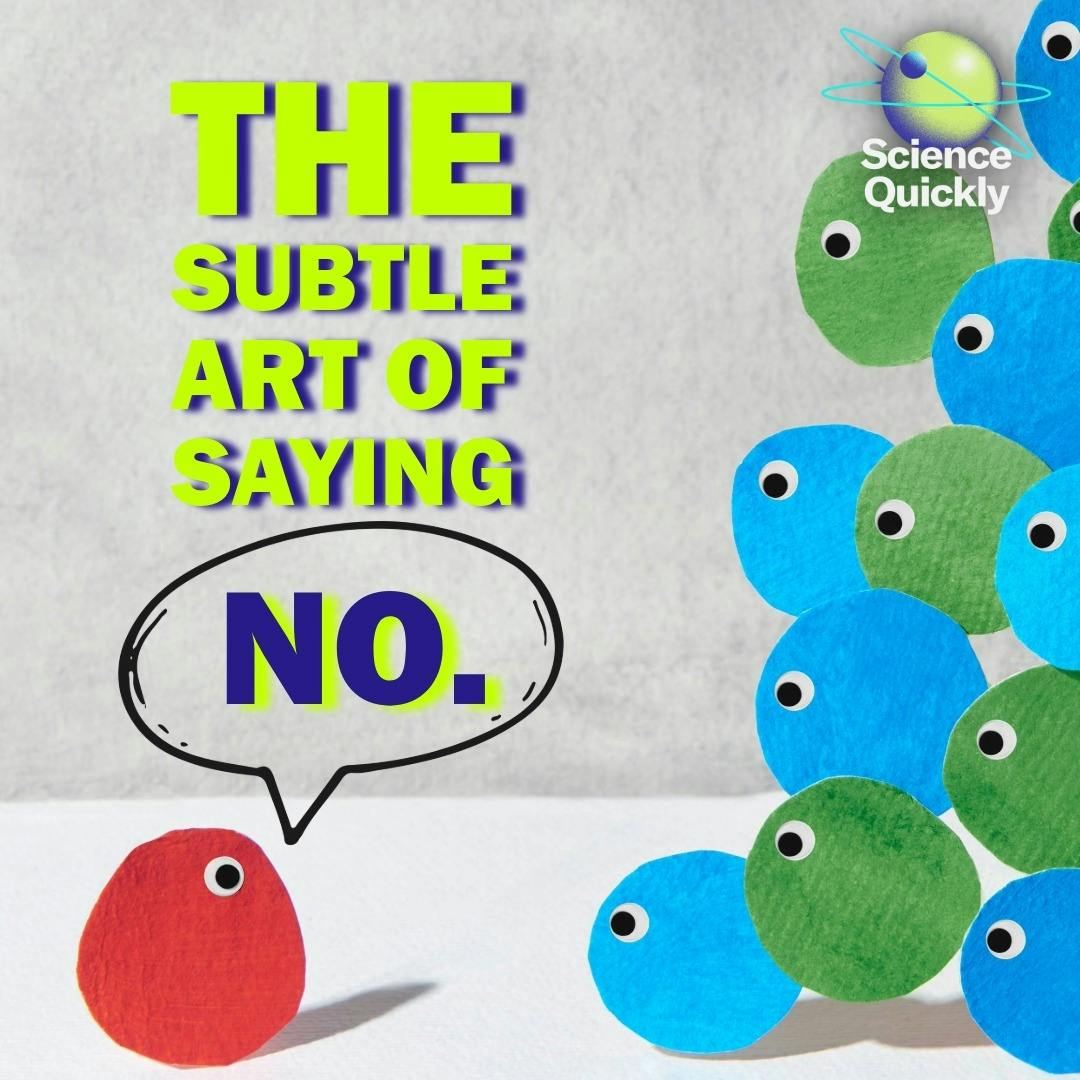
Why Defiance Can Be a Virtue
Many of us are taught from a young age that being “good” means being obedient—but that conditioning can make it hard to speak up when it counts. In th...
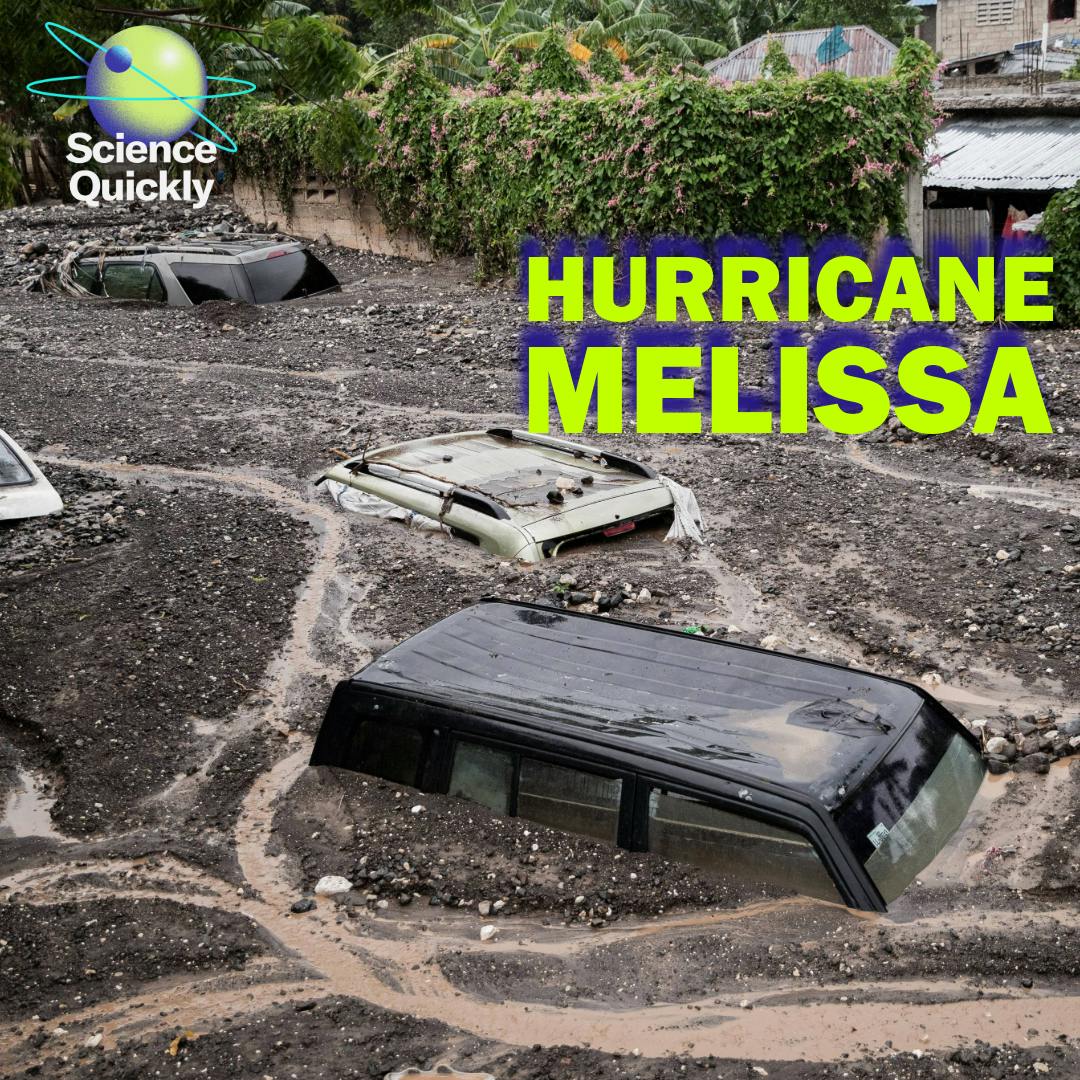
How Hurricane Melissa Became a Meteorologic Outlier
Hurricane Melissa stunned meteorologists with its rare intensity, reaching wind speeds that are more typical of Pacific supertyphoons and maintaining...

Mosquitoes Invade Iceland, Earth Darkens, and Bird Flu Returns
Mosquitoes settle in Iceland for the first time as climate change reshapes the Arctic, and Earth’s darkening albedo may be accelerating global warming...

Why Medication Safety in Pregnancy Is Still a Mystery
When the U.S. president claimed that acetaminophen use during pregnancy could cause autism in a person’s offspring, it reignited a deeper conversation...

The Science of a Convincing Sorry
What makes an apology sound sincere? Psychologist Shiri Lev-Ari joins host Rachel Feltman to explore how the effort we put into our words—especially t...

Global Superbugs Surge, Chikungunya Hits Long Island, and Satellites Leak Data
This week on Science Quickly, we cover the global rise of antibiotic-resistant superbugs, a rare U.S. case of the mosquito-borne chikungunya virus and...

The Doctor behind the Commander in Chief
Presidential physicians operate at the intersection of medicine, politics and national security. Former White House physician Jeffrey Kuhlman joins Sc...

Chris Hadfield’s Fictional Universe Is Rooted in Real Space History
What happens when a real-life astronaut turns to fiction? In this episode, Chris Hadfield shares how decades of spaceflight and global diplomacy inspi...

Enceladus’s Alien Ocean, Ancient Fungi and the Flavor of Influenza
Saturn’s moon Enceladus reveals complex organic molecules that could hint at extraterrestrial life. Researchers also uncover fungi’s ancient reign ove...
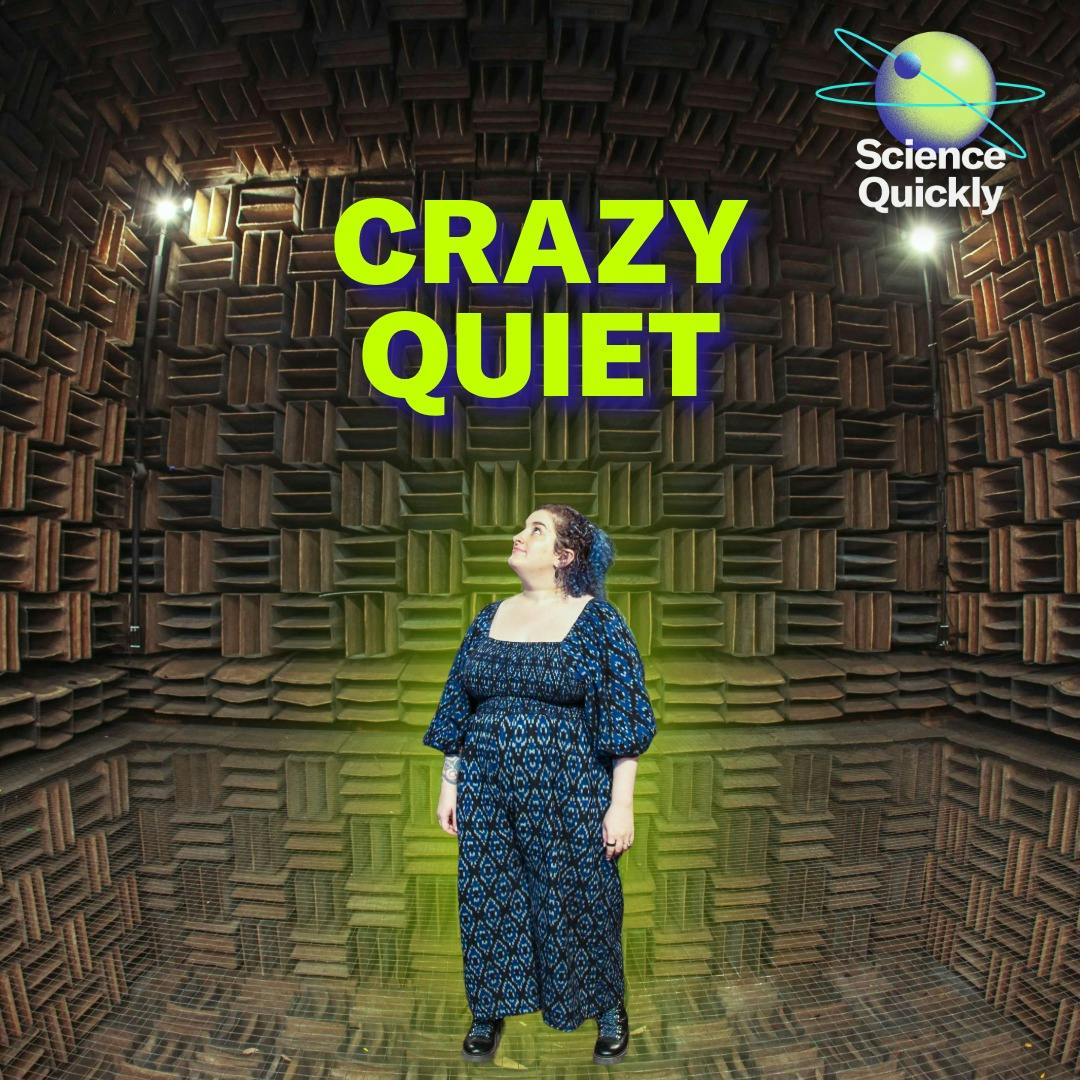
Enter One of the World’s Quietest Rooms
Inside one of the quietest rooms in the world, host Rachel Feltman meets artist-in-residence Seth Cluett at the historic anechoic chamber at Bell Labs...